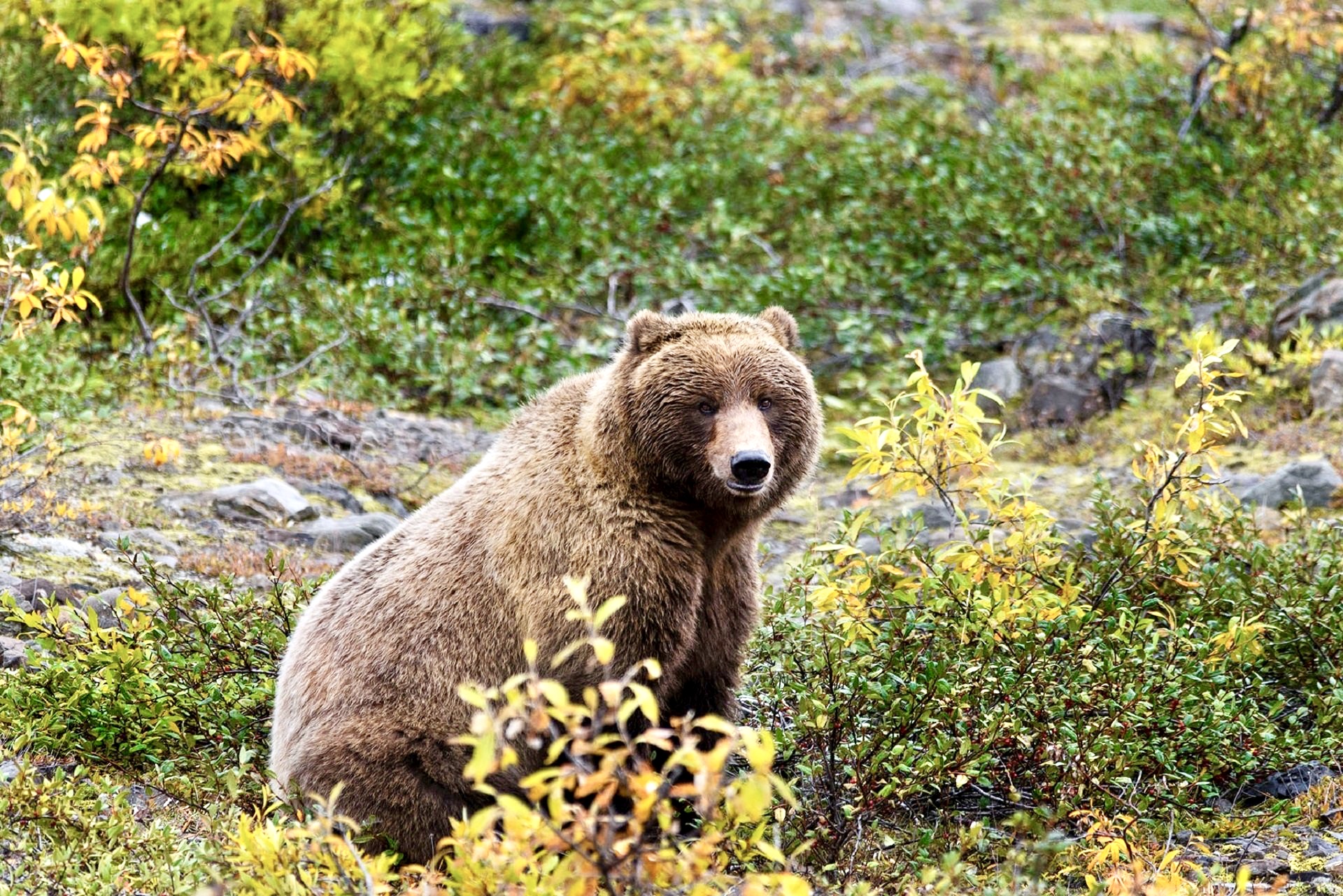
In Response To A Lawsuit By Conservation Groups, The U.S. Forest Service Will Halt Road Construction This Summer In Northern Idaho To Protect Grizzly Bears
You can help all animals and our planet by choosing compassion on your plate and in your glass. #GoVeg


